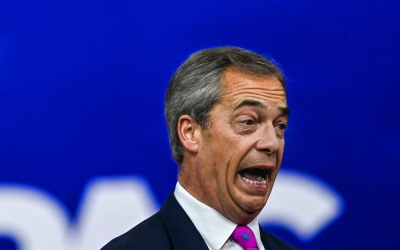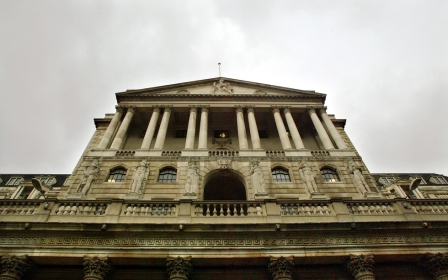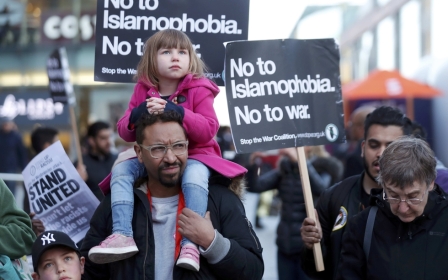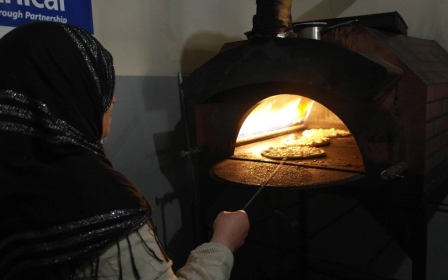Nigel Farage row: When it comes to bank access, Muslims are less equal than others
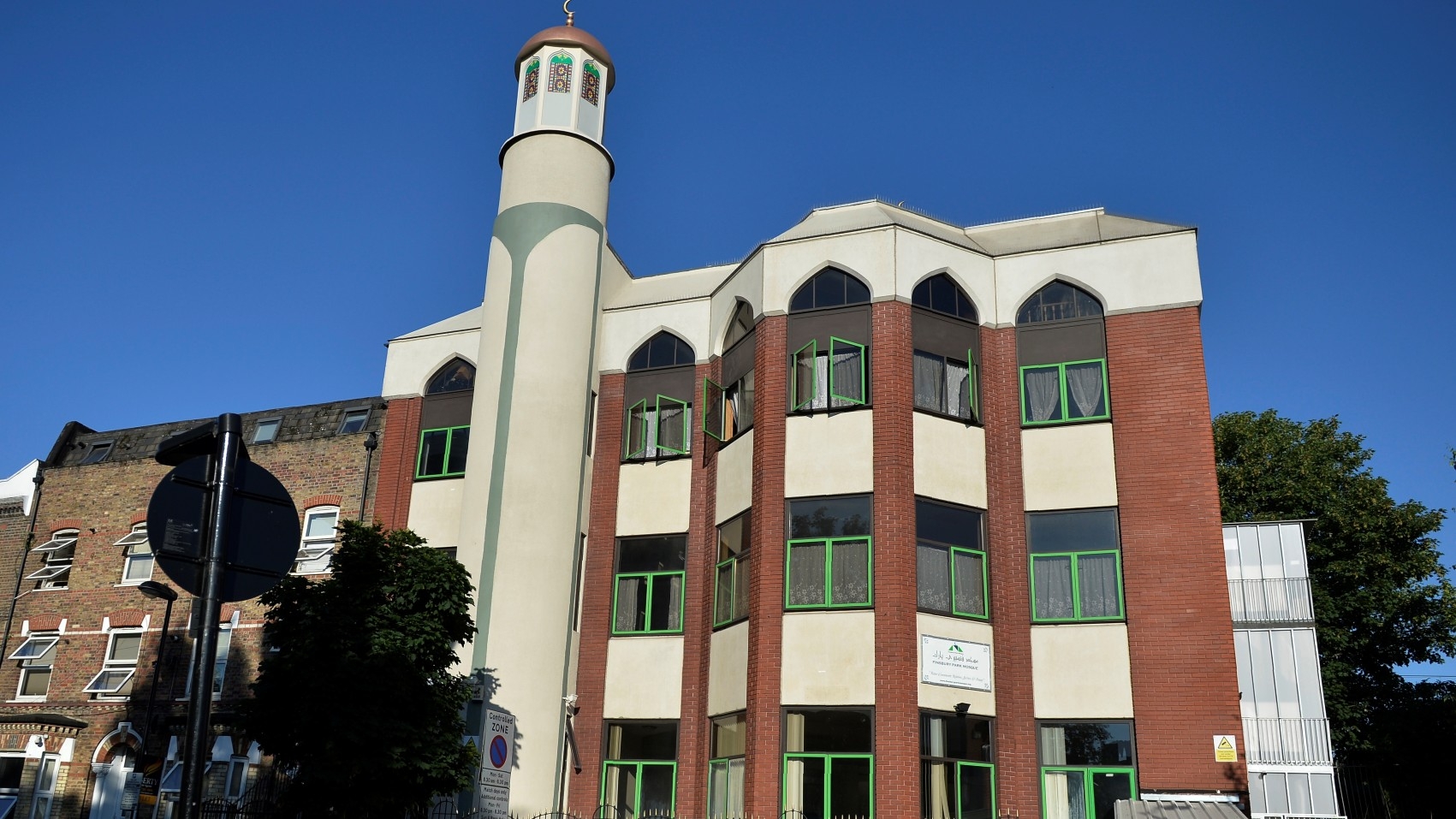
In a society that proclaims its commitment to justice, equality and freedom of speech, recent events have brought to light a troubling double standard.
When our Finsbury Park mosque’s bank account was unjustly closed in 2014, there was little public concern or acknowledgement, even though we tried everything to highlight the issue.
But when Nigel Farage, a figure known for his divisive views on British Muslims and other minorities, faced a similar fate, it sparked a national uproar, raising questions about political bias and the unequal treatment of individuals.
The issue is not whether one agrees or disagrees with Farage’s views, but rather the fundamental principle of equal treatment under the law for all individuals, regardless of their political beliefs or religious identity.
Bank accounts should never be weaponised to punish people based on their opinions, religious affiliations or political stances, as long as those expressions are lawful.
New MEE newsletter: Jerusalem Dispatch
Sign up to get the latest insights and analysis on Israel-Palestine, alongside Turkey Unpacked and other MEE newsletters
Let’s also take a moment to highlight the countless individuals and organisations, particularly within the Muslim community, who have faced similar injustices and had their bank accounts closed with little acknowledgement. Their stories deserve to be heard, and their rights demand protection.
The closure of our mosque’s bank account had severe and far-reaching consequences. Financial operations became an uphill battle, as we struggled to maintain our day-to-day operations. Paying staff salaries became a challenge, and the disruption of standing-order donations resulted in a significant loss of much-needed income.
Mounting challenges
The ability to conduct transactions and pay essential bills, such as utilities, was brought to a standstill. This disruption added to the mounting challenges faced by our mosque, hampering our efforts to serve the community effectively.
While Farage's situation garnered national attention and support, our struggles were largely ignored
We successfully challenged the decision legally, and we were awarded an apology and compensation from Thomson Reuters for its inaccurate and opaque assessment of us, which contributed to the decision to close our account. (World-Check, a subsidiary of Thomson Reuters, had compiled a global database that inaccurately linked the mosque to terrorism.)
Beyond the financial strain, the closure of our bank account dealt a blow to our reputation for no justifiable reason. It caused unwarranted damage to the image of the mosque, undermining the efforts we had tirelessly invested in rebuilding and repositioning ourselves as not just a place of worship, but a community centre for all.
Despite our hard work to change perceptions and foster positive engagement, the closure of our bank account reinstated negative stereotypes and misconceptions.
Yet, despite these challenges, we persevered. The mosque community rallied together to address the financial setbacks, seeking alternative solutions to keep our doors open and services running. Through resilience and determination, we managed to rebuild our reputation and reestablish the mosque as a vital community hub.
Lingering effects
But the scars left behind were not easily erased. The damage caused by the closure of our bank account lingered, affecting our relationships with other institutions, and making it exceptionally difficult to open a bank account with reputable high-street banks. The lasting repercussions have been a constant reminder of the injustice and unequal treatment we faced.
As we reflect on the contrasting reactions to the closure of Farage’s account and our mosque’s account, it becomes evident that the media and political establishment have perpetuated a double standard. While Farage’s situation garnered national attention and support, our struggles were largely ignored.
This disparity lays bare the pervasive Islamophobia that still exists in our society. It is a call to action for policymakers, financial institutions, media and society to confront these injustices and demand equal protection under the law for all, irrespective of political views or religious identity.
We must learn from such incidents, recognising the real-life consequences of discriminatory actions and the lasting impacts they can have on individuals and communities. Through empathy with the struggles faced by minority groups, we can build a more inclusive and compassionate society that upholds justice and equality.
It is time to address these double standards head-on, holding all parties accountable to ensure that justice prevails. In this way, we can work towards creating a society that truly embraces its diversity and ensures that every individual, regardless of their faith or political beliefs, is treated with dignity, respect and fairness.
Only then can we genuinely claim to uphold the values of justice, equality and freedom of speech for all.
The views expressed in this article belong to the author and do not necessarily reflect the editorial policy of Middle East Eye.
Middle East Eye delivers independent and unrivalled coverage and analysis of the Middle East, North Africa and beyond. To learn more about republishing this content and the associated fees, please fill out this form. More about MEE can be found here.



